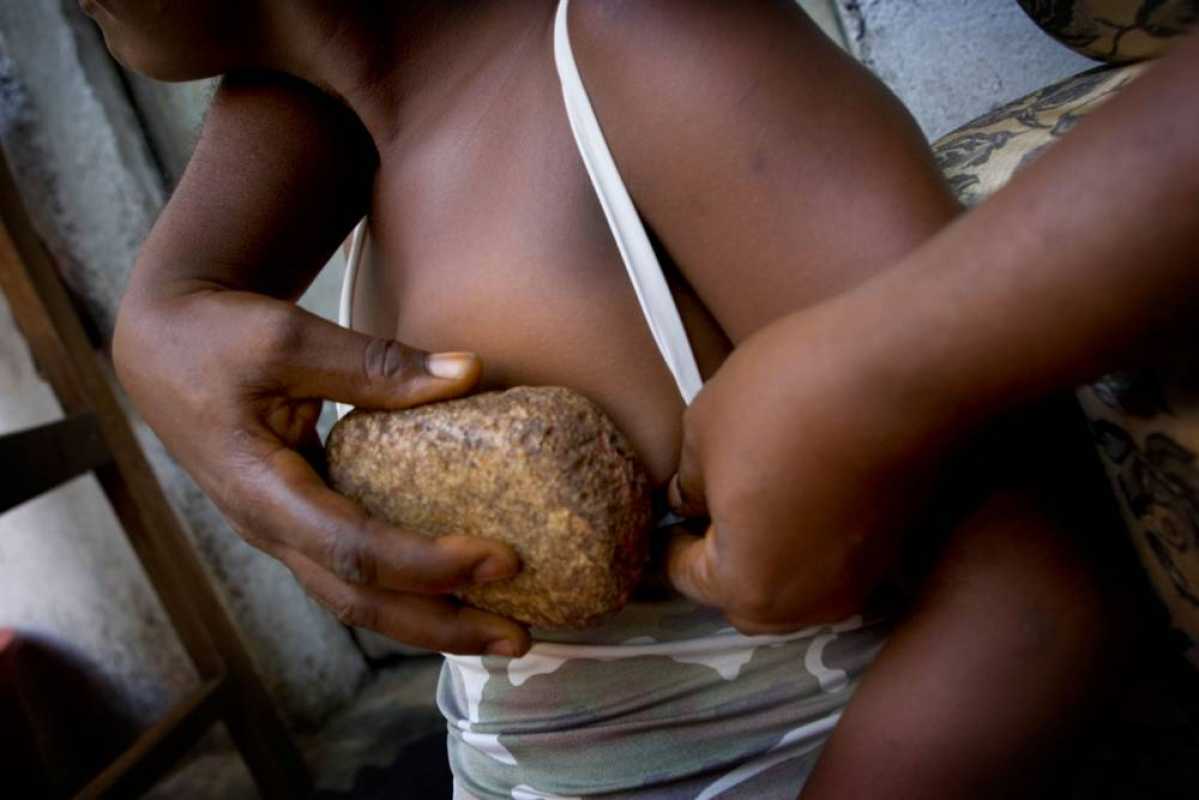Health
Harmful Practice of Breast Ironing Affects Millions of Women in Africa

A harmful practice known as breast ironing or flattening is impacting the lives of approximately 3.8 million women in different regions of Africa, including parts of Nigeria. This practice, which aims to delay the development of adolescent girls, is causing immense physical and psychological pain.
Breast ironing involves the use of heated objects, typically stones or tools, to compress or massage young girls’ breasts in order to flatten or suppress their growth. This dangerous procedure is believed to protect them from unwanted attention and early pregnancies, as it is thought that developed breasts might attract sexual advances.
Nigeria, known for its vibrant culture and diverse population, is not exempt from this harmful tradition. Activists in the country, such as Gibson Emeka, are relentlessly working to raise awareness and put an end to breast ironing.
Emeka, a dedicated activist, is shedding light on the physical and emotional consequences of this practice. Through his advocacy work, he aims to empower young girls to embrace their bodies and challenge the societal norms that perpetuate breast ironing.
Salem Solomon, a renowned journalist, narrates the story, bringing attention to the experiences of those impacted by breast ironing and the efforts made to eradicate it. Solomon’s empathetic storytelling sheds light on the urgent need for change and amplifies the voices of the affected women.
It is essential to recognize that breast ironing not only violates the rights of young girls but also poses severe health risks. The use of heated objects can lead to burns, infections, tissue damage, and even cause complications in breastfeeding later in life.
The fight against breast ironing is not limited to Nigeria but extends across Africa. This harmful practice continues due to long-standing cultural beliefs and misguided intentions. However, with growing awareness and advocacy, there is hope for change.
The stories of those affected by breast ironing serve as a reminder of the importance of education and empowering women to make choices about their own bodies. Through collaborative efforts, activists, journalists, and communities can work together to eliminate breast ironing and create a safer and healthier future for girls across Africa.












